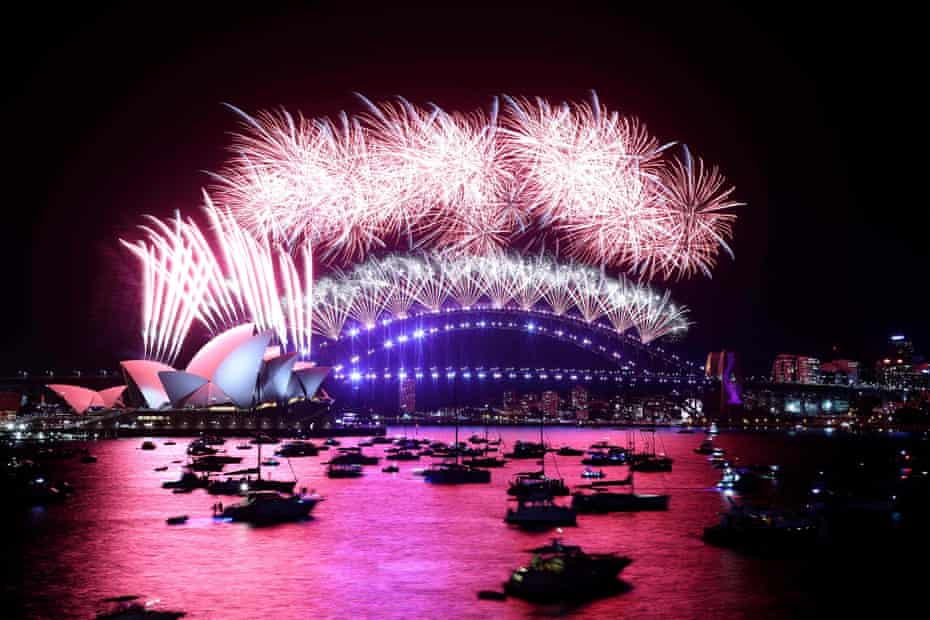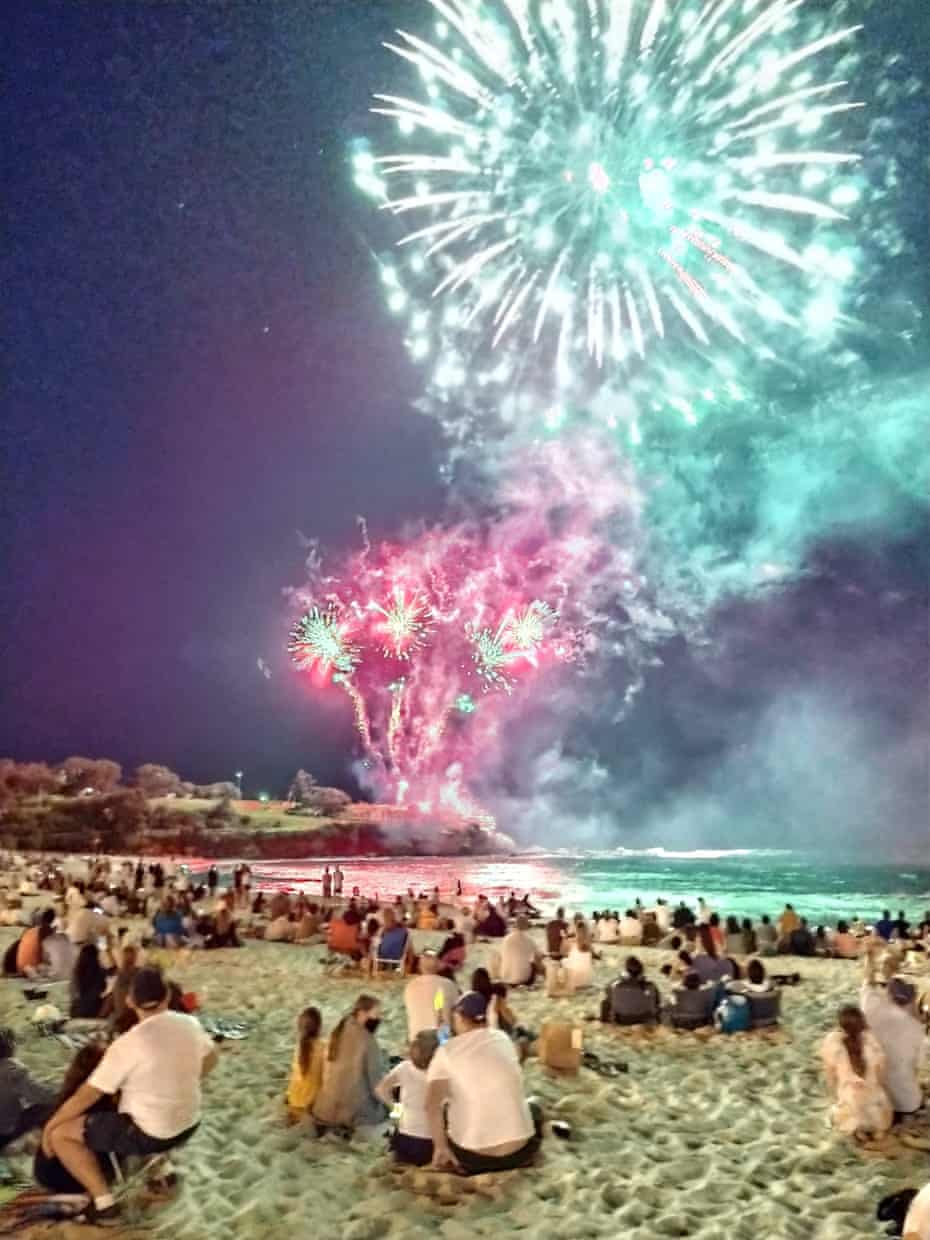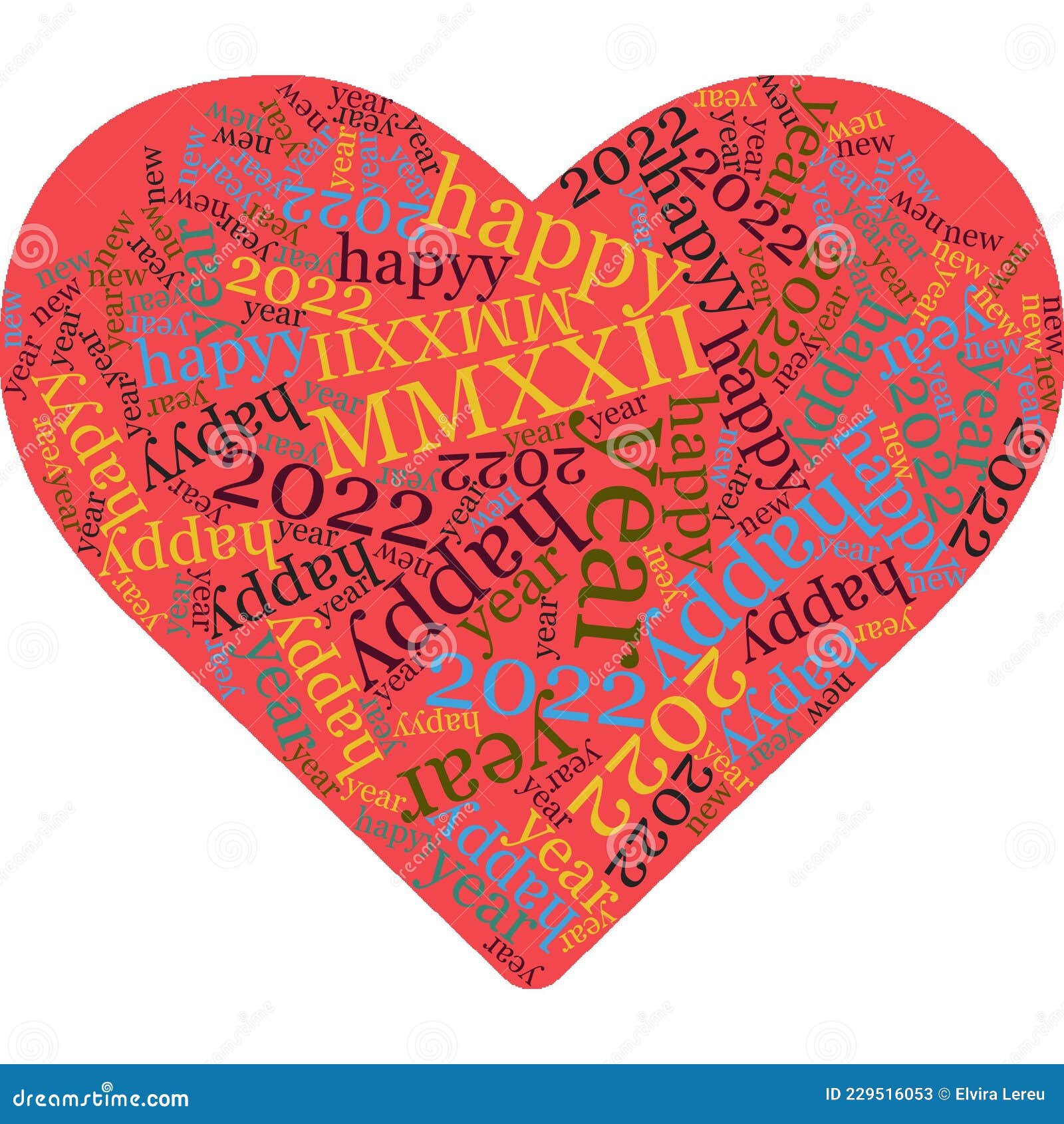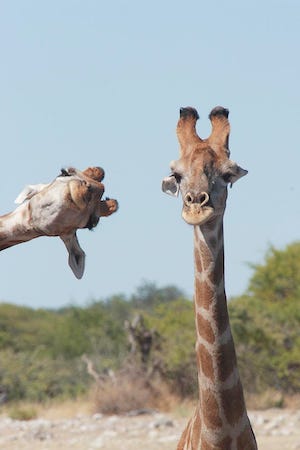Life is a mystery on any day of the year, but even more so on Silvester the last day of the year. At J and F in Stanmore the evening contained a lot of positivity, good energy, and good vibes.
From freshly shucked oysters 🦪 to sushis of tuna and salmon, prawns, lamb with creamy potato to Aunty Žofka’s Reims holy water and so much more …
Al fresco heartfelt wishes and messages never go out of style especially in backyards surrounded by lovely cuttings of greeneries 🥳
The difficult year this year of illness, loss, job precariousness, and isolation from COVID19 are swept under the water fountain … as old goes out and new is in. So cheers to the shared memories and making more be it swimming or walking or simply sharing a meal together …
In an extraordinary year, we are grateful for the extraordinary friendship we developed in those challenging virus days…
 |
A new year is like a new chapter in life. It is our chance to write a hearty story for ourselves as friendships are blessings like no other 🙏
Before we get lost in more of those wild conversations and podcasts as well as foodie parties, wine and cheers, Malchken and the Mittleuropean dragon would like to wish each of our precious readers a Happy New Year. (Almost Over 1,666,666 hits on the Google Blogger counter :-)
New goals, new dreams, new successes Everything awaits you. Forget about failures. Correct your mistakes. Wise success is definitely yours.
Keep the smile, forget the tears, love the good, throw away the bad all these are my wishes for you
Wherever you are - Have a great year ahead of you
Jane Goodall on the Meaning of Wisdom and the Deepest Wellspring of Hope
“A great deal of our onslaught on Mother Nature is not really lack of intelligence but a lack of compassion… True wisdom requires both thinking with our head and understanding with our heart.”
Two and a half millennia ago, while devising the world’s first algorithmand using it to revolutionize music — that hallmark of our humanity — Pythagoras considered the purpose of life, concluding that we must “love wisdom as the key to nature’s secrets.”
Across the abyss of epochs and civilizations, Jane Goodall — another sage for the ages, who revolutionized our understanding of nature with her paradigm-shifting, hubris-dismantling discovery that toolmaking is not the hallmark of humanity alone — considers the meaning of wisdom in The Book of Hope: A Survival Guide for Trying Times (public library), the record of her soaring, life-spanning conversation with writer Douglas Abrams.
I Feel, Therefore I Am: Neuroscientist Antonio Damasio on Consciousness and How the Feeling-Tone of the Body Underscores the Symphony of the Mind
“Ultimately, we are puppets of both pain and pleasure, occasionally made free by our creativity
“I am determined on distinction,” Margaret Fuller (May 23, 1810–July 19, 1850) writes to her former teacher. She is fifteen. The year is 1825 and she is ineligible for any formal education, so she has taken the reins of her character into her own hands, with resolute guidance from her father — a man who has tempered his disappointment that his firstborn child was not a son with the choice to treat his eldest daughter like a creature with a mind. When the first ringlets were snipped from her hair, he composed an ode to her head as a temple of divine intellect. At six, Margaret was reading in Latin. At twelve, she was conversing with her father in philosophy and pure mathematics. She would come to describe herself as “the much that calls for more.” At fifteen, this is her daily routine:
I rise a little before five, walk an hour, and then practise on the piano till seven, when we breakfast. Next, I read French — Sismondi’s Literature of the South of Europe — till eight; then two or three lectures in Brown’s Philosophy. About half past nine I go to Mr. Perkins’s school, and study Greek till twelve, when, the school being dismissed, I recite, go home, and practise again till dinner, at two. Then, when I can, I read two hours in Italian.
Many years later, she would write in response to the frequent criticism of her uncommon drive, often mistaken for arrogance, as women’s confident resolve tends to be:
In an environment like mine, what may have seemed too lofty or ambitious in my character was absolutely needed to keep the heart from breaking and enthusiasm from extinction.


